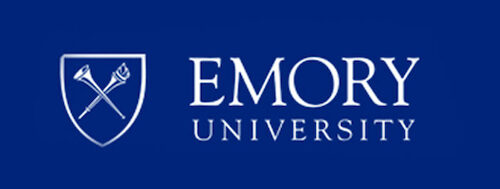***Current first years eligible***
Description
ACM SIGHPC has created the Computational and Data Science Fellowships, a continuation of the program started with Intel to increase the diversity of students pursuing graduate degrees in data science and computational science. Specifically targeted at women or students from racial/ethnic backgrounds that have not traditionally participated in the computing field, the program is open to students pursuing degrees at institutions anywhere in the world.
Each fellowship recipient will receive a stipend prior to the start of their first academic term after August 1. The value of the stipend will be US$15,000 annually, adjusted depending on the country where the degree will be earned (using the most recent national price level ratio published by the World Bank). This stipend is intended to augment, not replace, the support already being provided by the institution. Recipients will receive the stipend annually for up to 2 years, as long as they are deemed to be making appropriate progress in the degree program (progress will be evaluated annually by ACM SIGHPC based on a brief report from each recipient). If additional funding becomes available, fellowship winners may be given the opportunity to receive extended support (through the completion of the degree, but not more than five years total).
- Nominations for the 2021 class open: March 15, 2021
- Nominations for the 2021 class close: April 30 , 2021
- Winners announced: by June 24, 2021
Eligibility
To qualify for a Computational & Data Science Fellowship, a student must be:
- Either currently enrolled in a graduate program or accepted to begin in one no later than October 15
- Pursuing a graduate degree – Master’s, PhD, or equivalent – in computational or data science (although the formal name of the program may be somewhat different)
- Completed less than half of her/his planned program of study (with preference given to students who are still early in their studies)
- A woman and/or a member of a racial/ethnic group that is currently underrepresented in the computing field in the country where the student will earn the degree
For the purposes of these fellowships, “computational science” encompasses any program of study where computational modeling and simulation serve as the primary methods for conducting research, typically in a field other than computer science (e.g., computational chemistry, wildfire modeling, computational hydrodynamics). Similarly, “data science” relies on computational analysis of large-scale data as the basis for research (e.g., ecological informatics, financial analytics). Preference will be given to candidates whose background is from disciplines other than computer science and who can bring new perspectives to computational/data science.
Application Information
Applications for the fellowships involve three independent components and must be submitted using SIGHPC’s online nomination system:
- Nomination: submitted by the student’s advisor (or soon-to-be advisor), who will explain how the candidate qualifies for a fellowship
- CV and candidate statement: submitted by the student, along with contact information for an endorser
- Brief endorsement: submitted by a current or former instructor, project supervisor, or employer who has personal knowledge of the student’s past accomplishments and can speak to the candidate’s suitability
All components must be submitted in sequence, and completed no later than April 30. See how to nominate for details. In accordance with ACM policies on conflict-of-interest, the following are ineligible to serve as nominators or endorsers: officers of ACM and members of the Fellowship Selection Committee.
How to Apply
Click here to read more about this fellowship opportunity and apply online!







Recent Comments